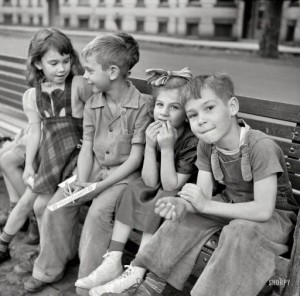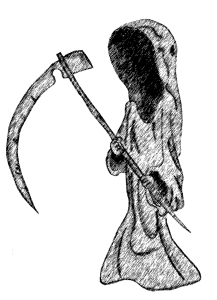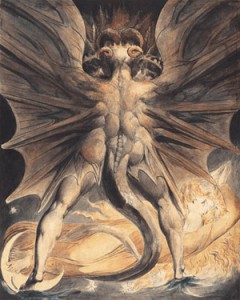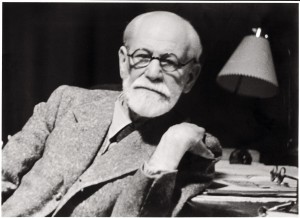 To George Sturgis
To George Sturgis
Grand Hotel
Rome. Jan. 31, 1941
Dear George,
The Credito Italiano telephoned this morning to say the lire miste had arrived, and awaited my convenience. Unluckily I had a relapse, complicated by a colic (something antedeluvian in my history, but perhaps this is one form of a second childhood) and although better and quite comfortable I am still confined to my rooms. I get up and have my meals and receive my doctor in my salotto or sitting-room. For six nights I had a nurse who gave me my medicines and much conversation. She says there are too many children. Her two boys, being a widow, bring her no end of work in order to provide for their superior education. Evidently society is in a fluid state. I hope the end of this war will bring a new organization that may last, in fundamentals, for a thousand years. I mean in all countries.




